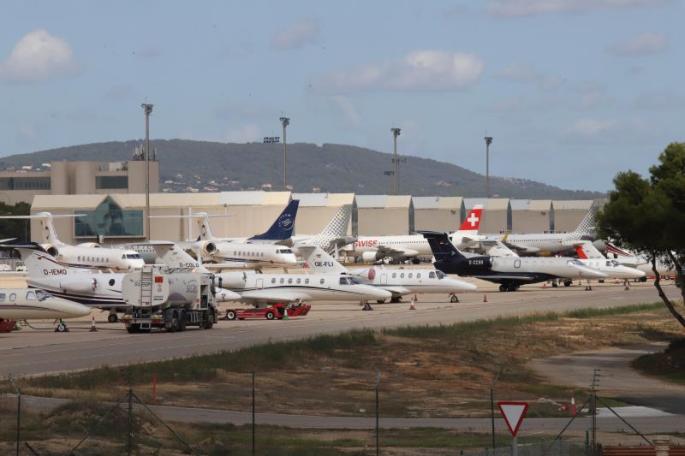Spanish Prime Minister, Pedro Sánchez, has backed an initiative to create a new tax on first-class airline tickets and the use of private jets. Sánchez made the announcement during his speech at an event on the implementation of the so-called “Seville Platform for Action”, a tool that will channel initiatives from public and private actors, during the Fourth International Conference on Financing for Development.
He announced that Spain will join a coalition of countries that will work towards ‘a greater contribution from the aviation sector to just transitions and climate resilience through a specific tax on business class tickets and also on private jets’. This initiative joins others previously announced, such as debt reduction for developing countries through commitments to channel these resources to areas such as food security, nutrition, climate action and health, and ‘fair’ taxation of large fortunes.
Sánchez therefore believes that thanks to this platform, the so-called “Seville Commitment”, the political document that will emerge from this summit, will be accompanied by ‘130 concrete and measurable actions’. Sánchez has argued that, despite the ‘bleak’ current scenario, ‘the resources exist’ because with less than 1% of global wealth, i.e. 4.3 trillion dollars, the annual deficit needed to achieve the Sustainable Development Goals could be closed. ‘The capacity exists, but the will and courage to carry it out are lacking,’ he said.
Earlier this year, Spain’s left-wing coalition party Sumar registered a non-binding motion in Congress calling on the government to create a tax on emissions from private jets and luxury yachts, with the aim of reducing their environmental impact and financing measures such as a single ticket for public transport and improvements to the rail network.
Although the use of private jets has traditionally been associated with business travel, Sumar believes that this is now changing and that it is now more linked to luxury holiday and tourist activity, as reflected in a report published by Greenpeace last September. According to data from the report on luxury tourism and its impact, carried out by T3 Transportation Think Tank, conventional tourism on scheduled flights and luxury tourism on private jet flights had a very similar seasonal pattern in 2023.
The study, which analyses private jet landings at 45 airports in the most important tourist and holiday destinations across Europe during that year, recorded 117,965, 42.6% of them between 1 June and 30 September, which represents 41.6% of CO2 emissions. In Spain, there were 27,122 private jet landings in 2023, 23% of the total for the countries analysed in the report: 7,502 at Palma airport, 6,504 in Ibiza, 6,314 at Málaga airport, 4,826 at Barcelona-El Prat airport, 843 at Menorca airport, 542 at Tenerife South airport, 434 at Gran Canaria airport, 93 at Lanzarote airport and 83 at Tenerife North airport. Those 27,122 flights - a third of them ‘very short-haul’ - emitted some 134,000 tonnes of CO2, equivalent to the annual emissions of some 89,300 cars powered by fossil fuel.
